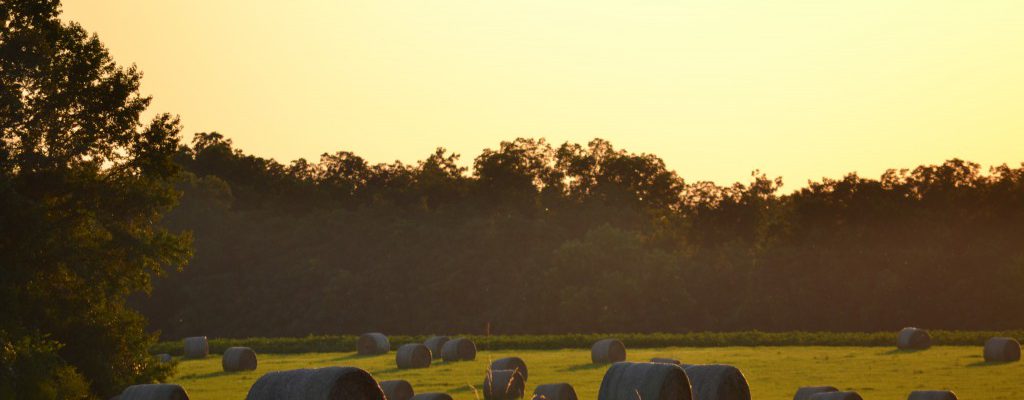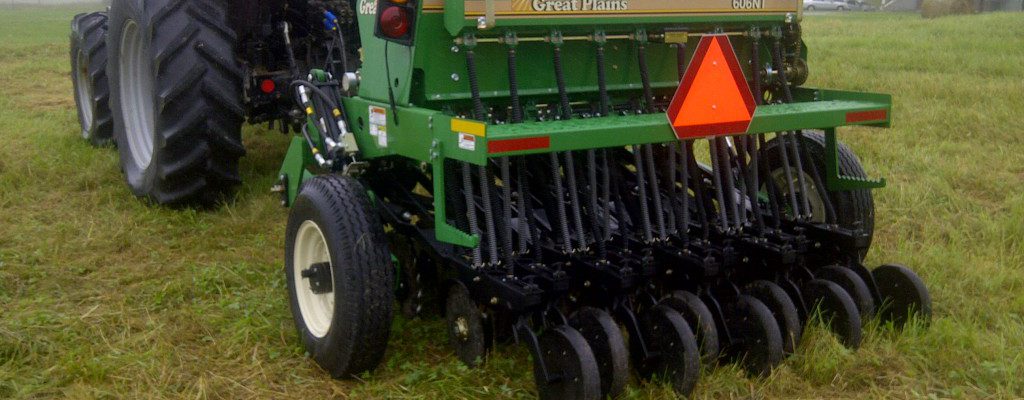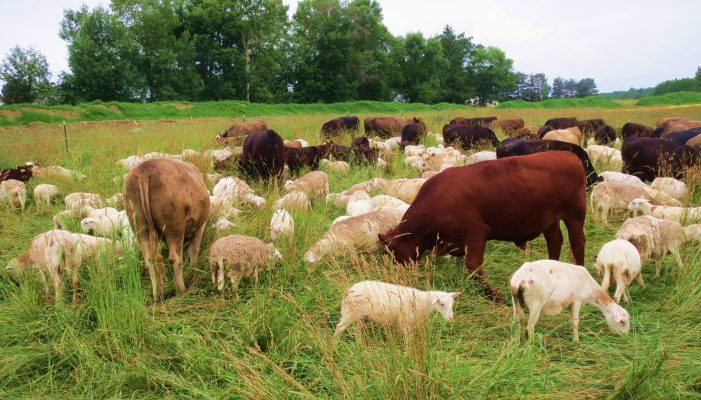Carole Knight
-
By Adam Speir Madison County CEC Internal parasites can cause significant production losses in livestock, which results in significant economic losses for livestock producers. These parasites affect cattle, horses, sheep, and goats. Many times, the effects are subclinical and may go unnoticed, but severe infestations can cause disease and death. Subclinical effects caused by internal…
-
By Carole Knight Bulloch County CEA It’s a match made in grazing heaven – the ruminant animal and the forage producer. No digestive system is better suited for a diet of grasses and legumes. The ruminant animal is uniquely designed to digest fibrous, high roughage feedstuffs through fermentation. An understanding of how the ruminant digestive…
-

By Ray Hicks Screven County CEC As we wind down from the summer it is time to start looking at budgets for next year. As a cattle producer, feed is always one of the most costly inputs. Now as Dr. Dennis Hancock, Georgia Extension Forage Specialist, says “Grass grows Grass! And the most efficient way…
Posted in: Hay -
By Carole Knight Bulloch County CEA In Georgia, one of our advantages in the cattle industry is the ability to grow and graze forage during the winter months, drastically cutting the need for stored forages and cutting supplemental feed costs. However, to get the most potential out of winter annuals it takes the right management…
-

By Will Lovett Bacon County CEC Its fall again! That means it is time for planting winter forages. Proper Drill adjustment and maintenance is critical for successful stand establishment. We will discuss a step by step approach to clean and prepare your drill for use. Seed Cups and Drop tubes In my experience, seed cups…
-

By Carole Knight Bulloch County CEA The process of baling hay has come a long way since the late 1800’s when Cyrus McCormick’s reaper design used a knotter to bundle and bind hay. The technology has improved but the goal has remained the same – safely store hay to feed to livestock at a later…
-
By Jeremy Kichler Colquitt County CEC The combination of humidity and moisture this spring has been a great challenge to many hay producers across the state.. The single most important “producer-controlled” factor influencing hay quality is the stage of maturity at harvest. However, unfavorable weather conditions in the Southeast can make it difficult to harvest…
Posted in: Hay -

By Will Lovett and Cole Madray (UGA Intern) Bacon County CEC Anyone that has grazed cattle and horses knows how quickly they can clear a field of grass and legumes, but will not touch anything they may not want to eat. The grasses, forbs and legumes ignored by some grazing animals are weeds that…
-

By Lucy Ray Morgan County CEC Mold in livestock hay can be a significant problem, particularly in years where we have had a lot of moisture and humidity during harvest. The summer of 2016 was not overrun with moisture, however, when we have a shortage of hay, many producers are forced to feed less than…
Posted in: Hay -
By Jeremy Kichler Colquitt County CEC This time of year, County Agents get questions about establishing warm season perennial forages from seed. Forage establishment can be expensive, especially if you have to do it twice. Let’s discuss some things that ensure successful perennial forage establishment on the first try. Fertility. Soil sampling should be done…